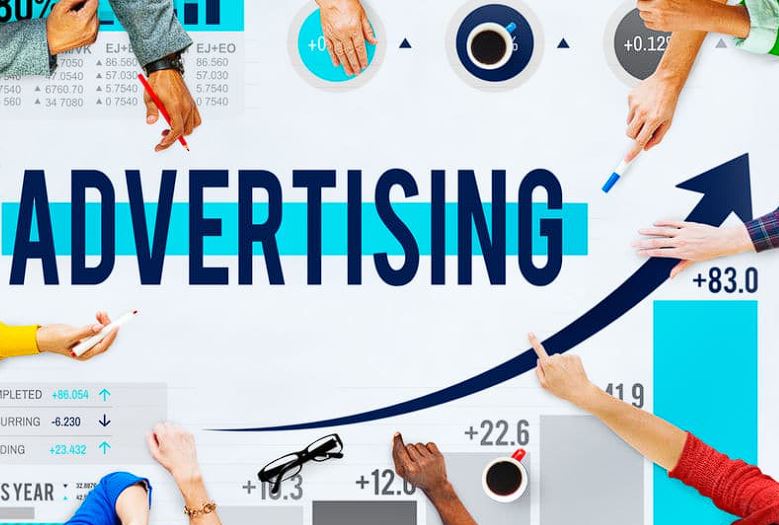
Advertising is a crucial component of marketing that plays a significant role in getting your message out to your target audience. It involves the creation and dissemination of persuasive messages through various channels to promote your product, service, or brand. Here’s an overview of the role of advertising in marketing:
1. Creating Awareness:
- Advertising helps introduce your product or brand to potential customers. It raises awareness about what you offer and can generate interest among your target audience.
2. Building Brand Identity:
- Consistent advertising reinforces your brand’s identity and values. It helps create a recognizable brand image and can build trust and loyalty among consumers.
3. Communicating Benefits:
- Advertising allows you to communicate the unique features and benefits of your product or service. You can highlight what sets your offering apart from competitors.
4. Targeting Specific Audiences:
- Effective advertising allows you to target specific demographics, psychographics, and behaviors within your audience. This precision ensures that your message reaches those most likely to be interested in what you offer.
5. Generating Interest and Desire:
- Through compelling visuals, persuasive copy, and creative storytelling, advertising can stimulate interest and desire for your product. It creates a desire to learn more or make a purchase.
6. Driving Sales and Conversions:
- Advertising directly contributes to sales and conversions. Well-executed advertising campaigns can lead to increased revenue and business growth.
7. Reinforcing Loyalty:
- Advertising isn’t just for attracting new customers; it’s also important for retaining existing ones. Regular advertising and promotions can keep your brand top-of-mind and encourage repeat purchases.
8. Adapting to Market Changes:
- Advertising provides a means to respond quickly to market changes, such as launching a new product or responding to a competitive threat. Timely advertising campaigns can help you stay agile and competitive.
9. Measuring Effectiveness:
- Modern advertising allows for precise tracking and measurement of campaign performance. You can analyze data to determine which strategies are most effective and make adjustments accordingly.
10. Educating Consumers: – Advertising can educate consumers about complex products or services. It clarifies how your offerings work and how they can benefit the consumer.
11. Fostering Relationships: – Engaging and interactive advertising campaigns, especially in the digital space, can foster relationships with consumers. Responding to comments and feedback on social media, for example, can build a sense of community and trust.
12. Enhancing Market Position: – Strong and memorable advertising can help your brand stand out in a crowded marketplace. It can position your business as a leader or innovator in your industry.
13. Creating Emotional Connections: – Effective advertising can tap into emotions, creating a connection with consumers that goes beyond product features. This emotional bond can lead to long-term loyalty.
In summary, advertising is a powerful tool in the marketing toolkit. It not only helps you reach a wide audience but also allows you to tailor your messages to specific segments, foster brand loyalty, and drive business growth. When executed strategically and creatively, advertising can be a key driver of success in the competitive world of marketing.